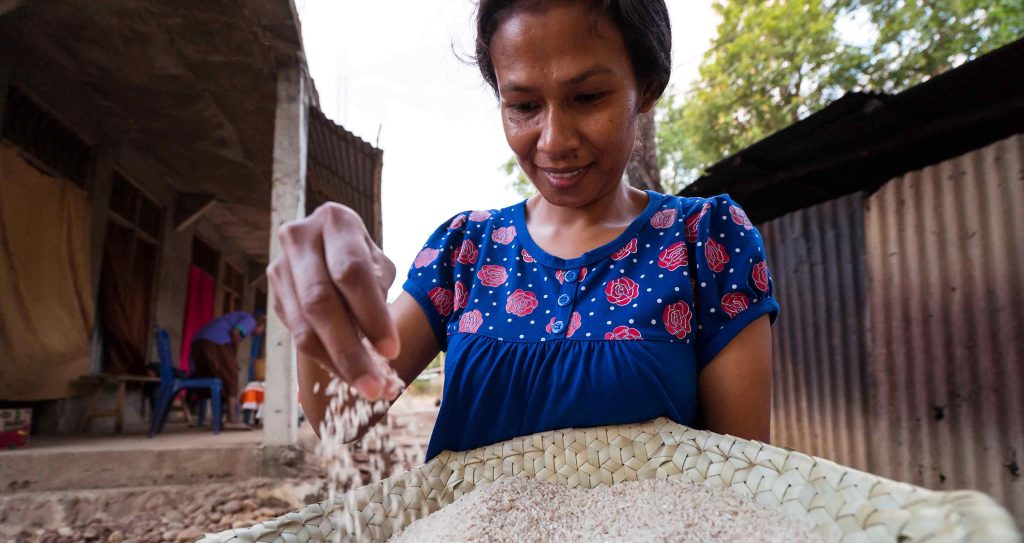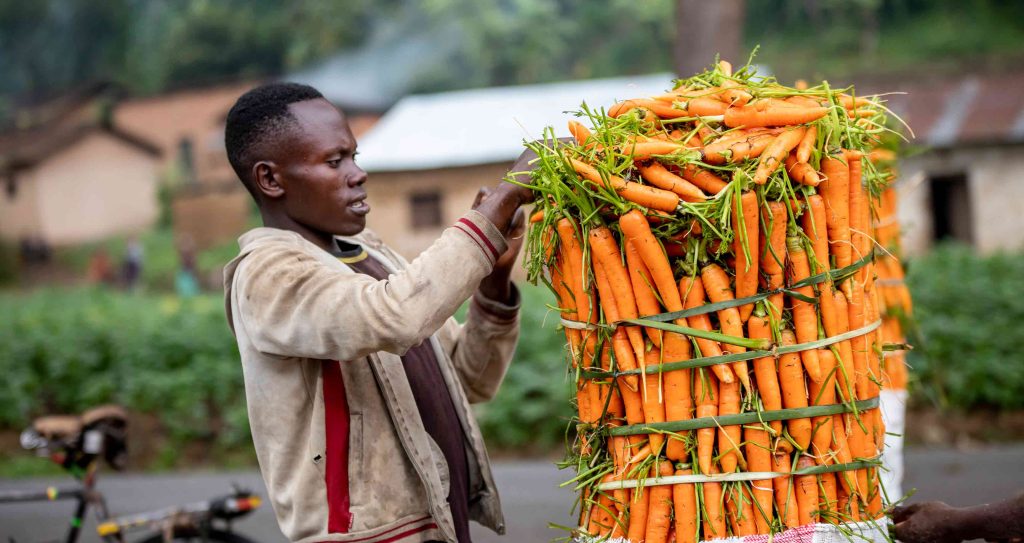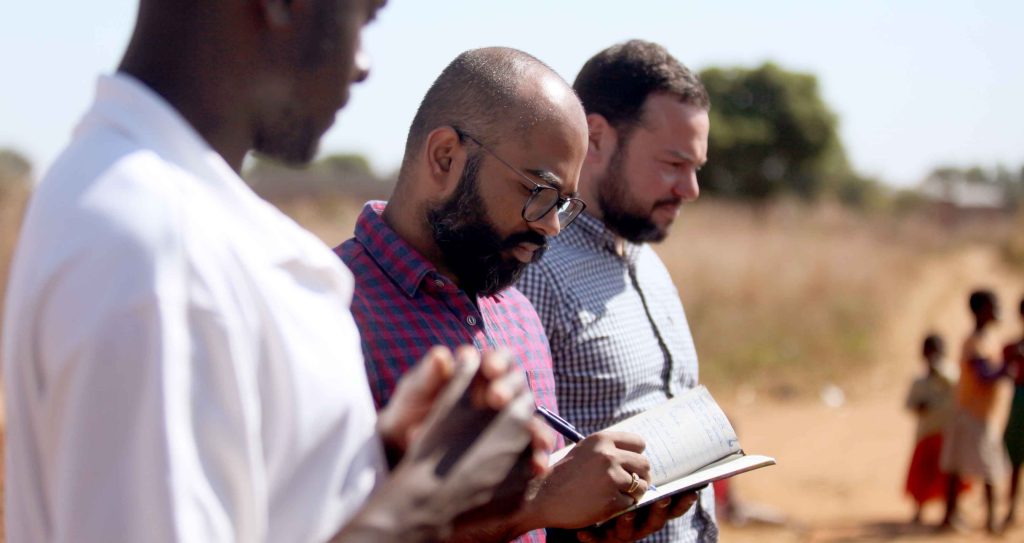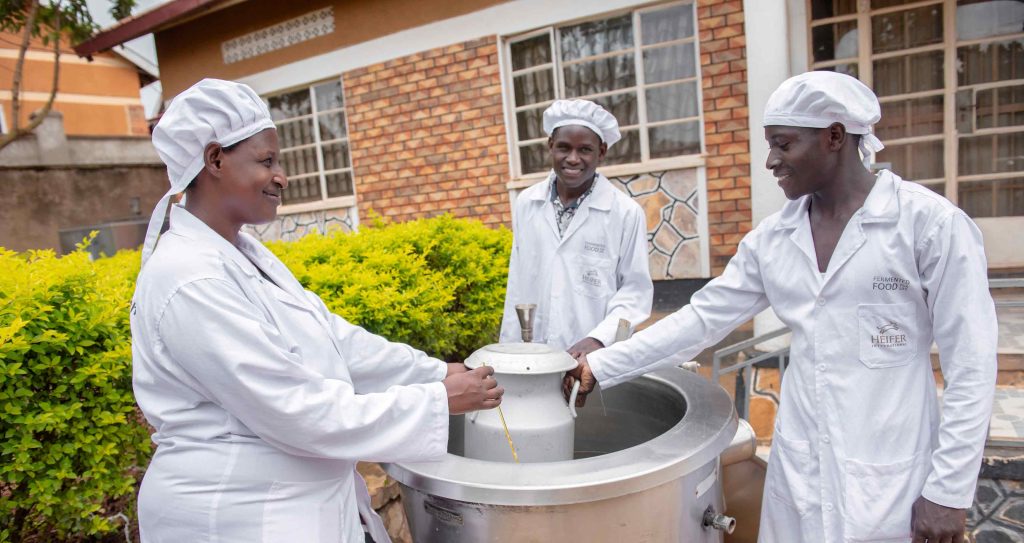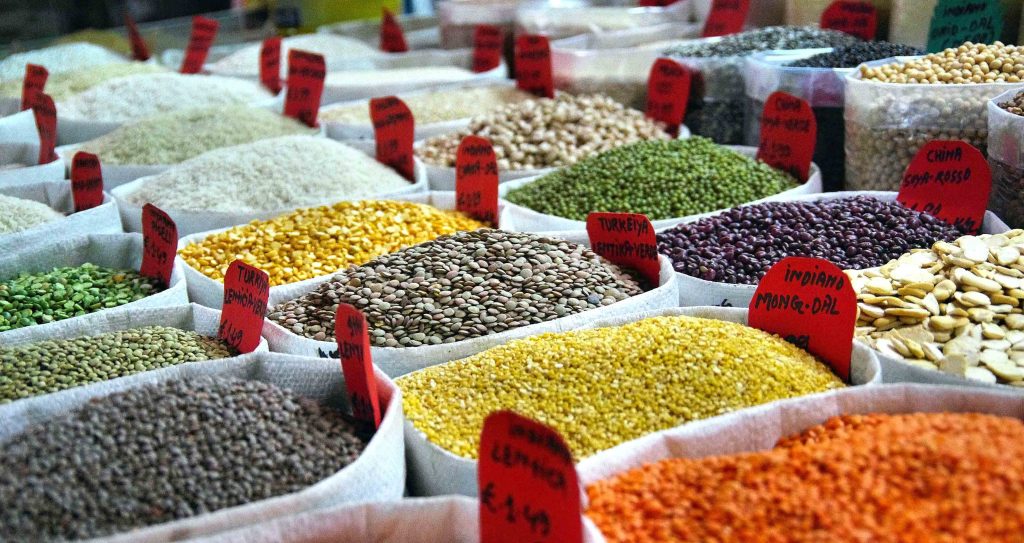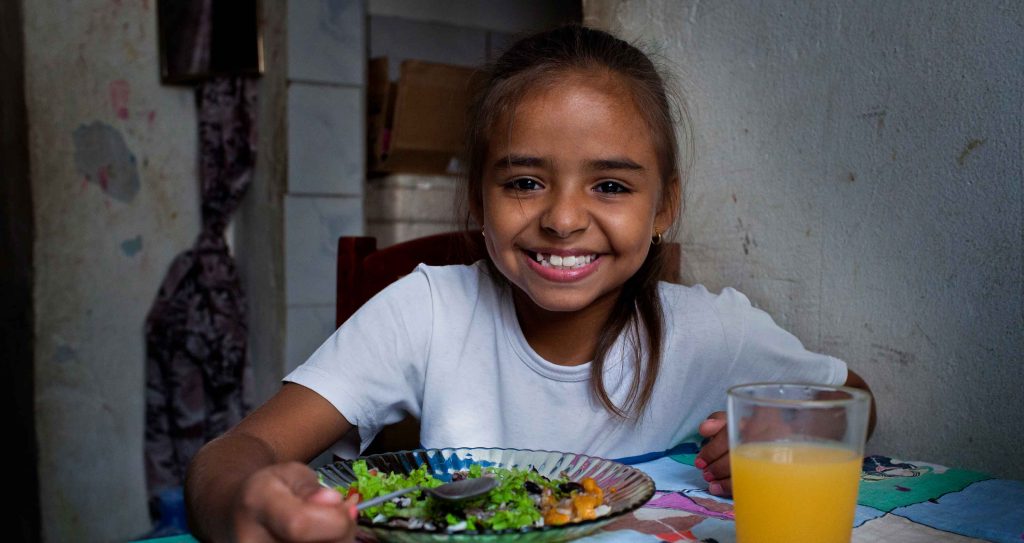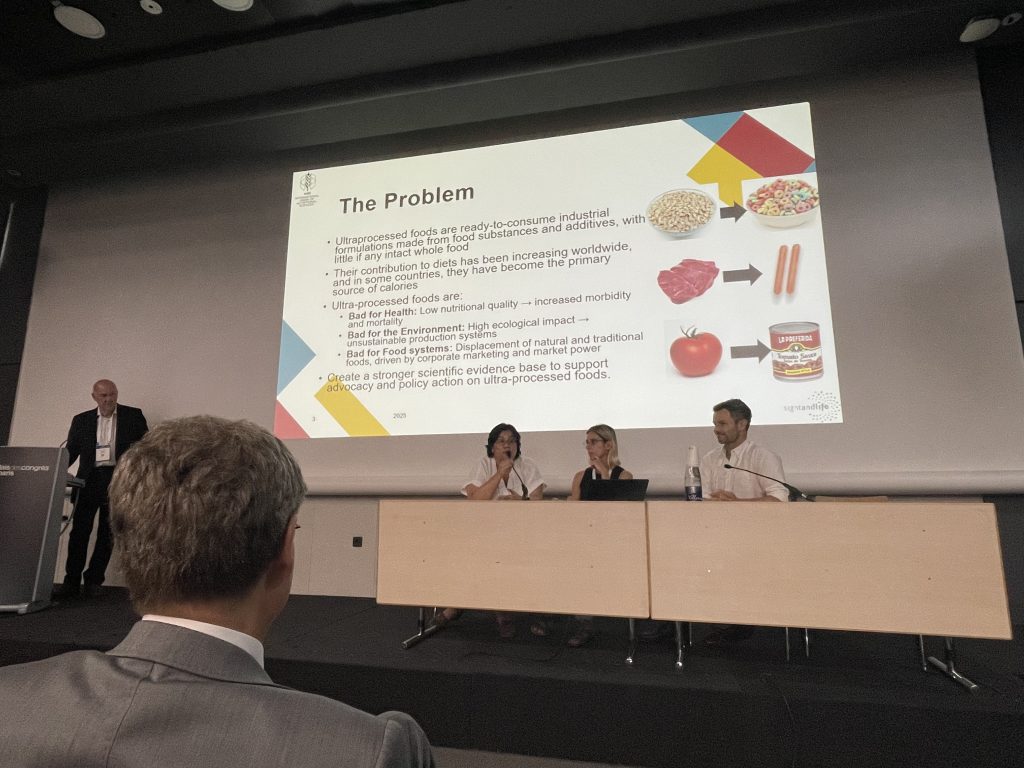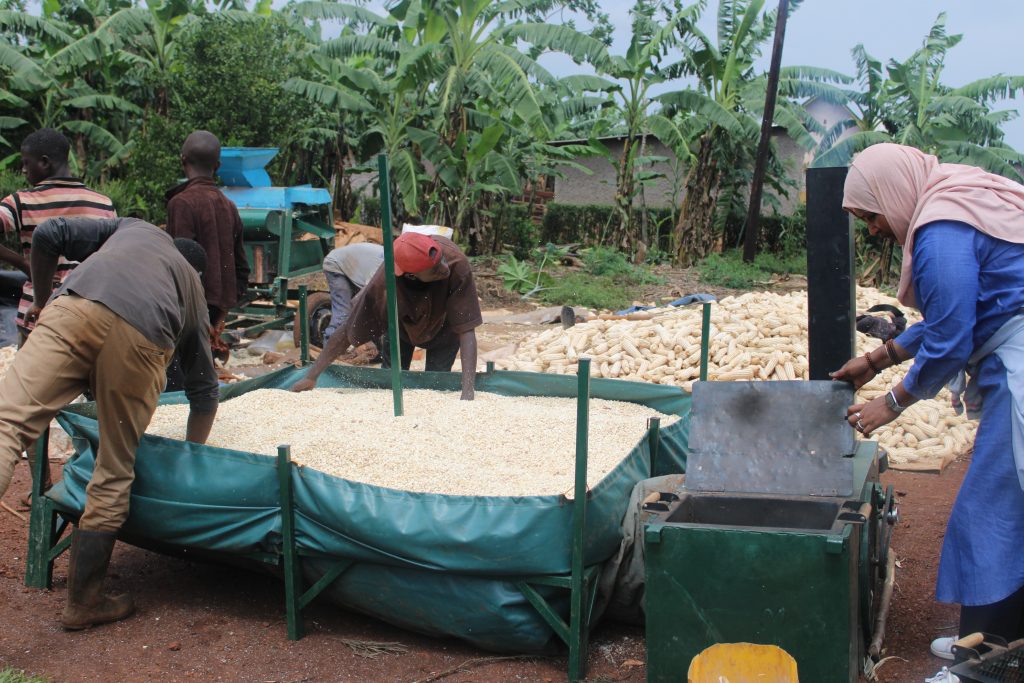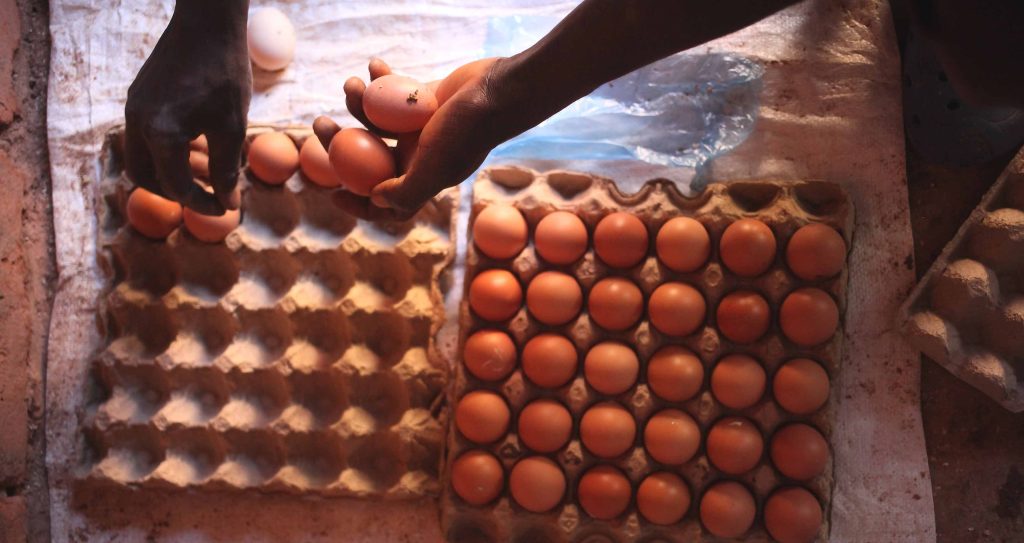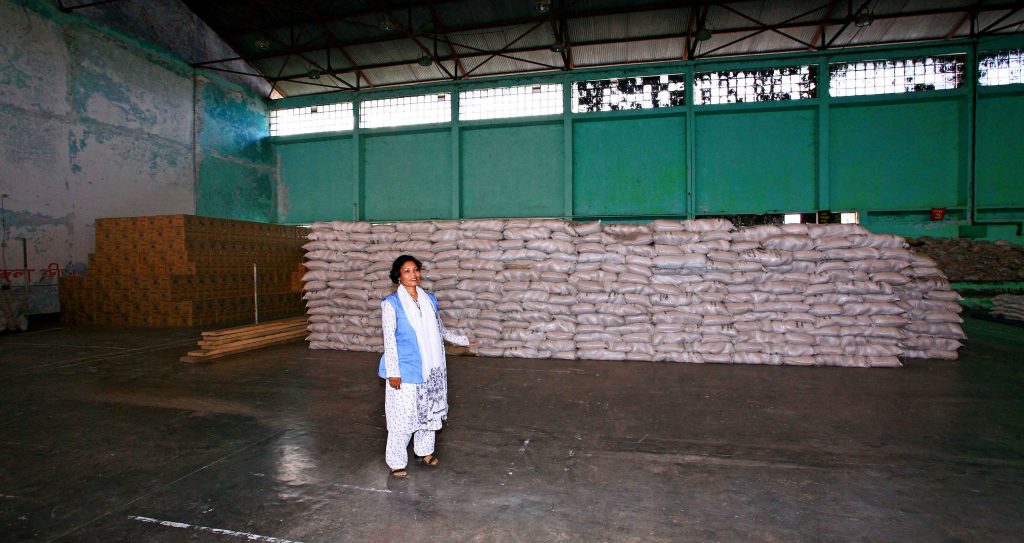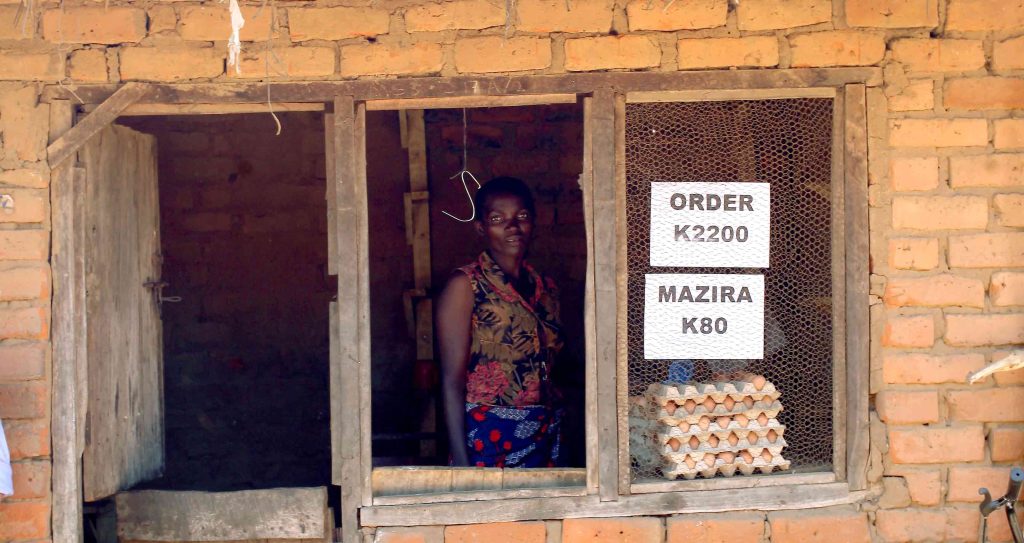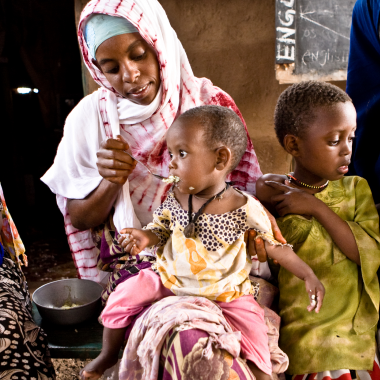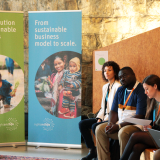Egg Hub Malawi

Increase smallholder farmers’ access to nutrient-dense foods
Improve egg production and consumption in Malawi and, through it, increase the income of smallholder farmers.
Eggs are an affordable and nutritious source of critical macro- and micronutrients and have a significant effect in reducing stunting. However, egg availability is critically low in most LMICs. Production systems are inefficient due to the dominant backyard poultry.
In Malawi, 37% of children under five are chronically malnourished (stunted) and about 86% of the population lives in rural areas, where most people practice smallholder subsistence farming. Although eggs have proven nutrition benefits, they continue to be scarce and costly in Malawi – the average per capita annual consumption is only 27 eggs compared to 180 globally. This is due to multiple demand-and-supply-side challenges, notably high disease and mortality among chicken, cost and quality of production inputs, and access to credit and markets. Cultural beliefs and taboos also undermine egg consumption among vulnerable groups who need them the most – women and children.
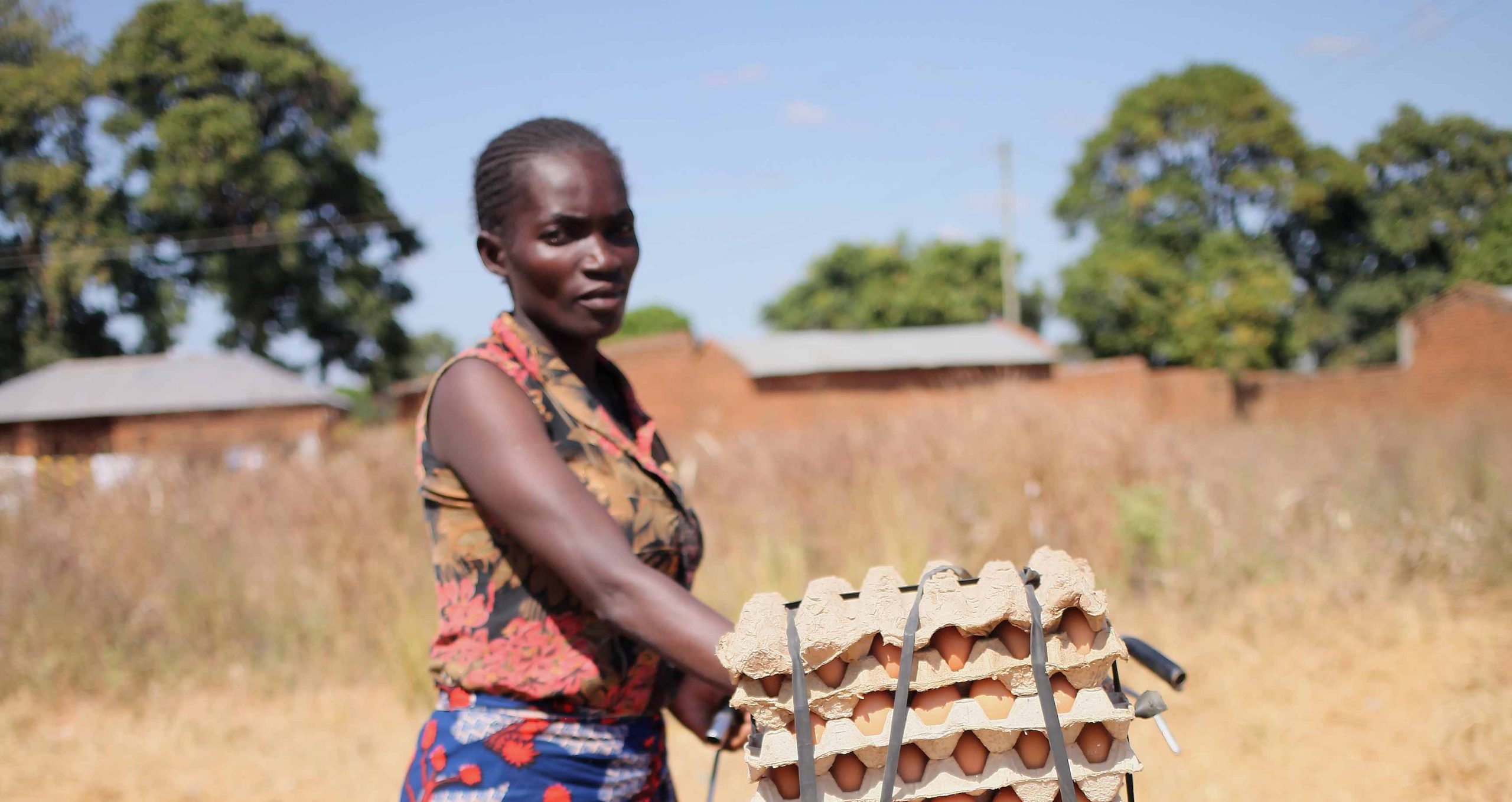
The Egg Hub approach
The SAL Egg Hub project was piloted in 12 villages in central Malawi to set up and develop poultry farms. The Egg Hub operator organizes smallholder farmers into groups of five and provides an input package, training, and market support to sell the eggs. Farmer groups are encouraged to buy improved feed at wholesale rates and sell eggs primarily in their communities. This makes fresh eggs affordable and accessible within the villages. The trucks that deliver feed bring any unsold excess eggs back to be sold in urban markets.
Key details
- The eggs from the Hub are larger, fresher, easily accessible, and affordable compared to backyard eggs.
- More than 10 million eggs are available every year – that is 3x more eggs available at 40% lower prices for 21,000 rural poor.
- 175 smallholder farmers make 3x more income compared to what they earned before they joined the Egg Hub.
- Eggs are more affordable, with the price per egg decreasing from $0.14 to $0.10.
- Consumption of eggs has increased, particularly among women and children, going up from 2 eggs/ capita/ month to 9 eggs/ capita/ month.
The pilot project supported 12 farms and 60 farmers, including convent nuns, all-women groups, schools, and urban poor living in slums. Three-and-a-half million fresh eggs — cheaper than competitor brands — were being produced every year. The success of the pilot spurred a scale-up in Malawi – by 2026, the project will support 63 farms and 315 farmers, producing 18 million eggs every year. We have successfully expanded the Egg Hub model to Ethiopia and plan to take this model to scale across Africa.
Discover more
Why tackle malnutrition
Understand how malnutrition affects our collective future
Global footprint
Discover our key projects across the world
Our strategy
Learn about our 3-stage plan to deliver direct impact on the ground
Our impact
Learn about the impact we have made on the ground so far all these chnages are in discover more section


